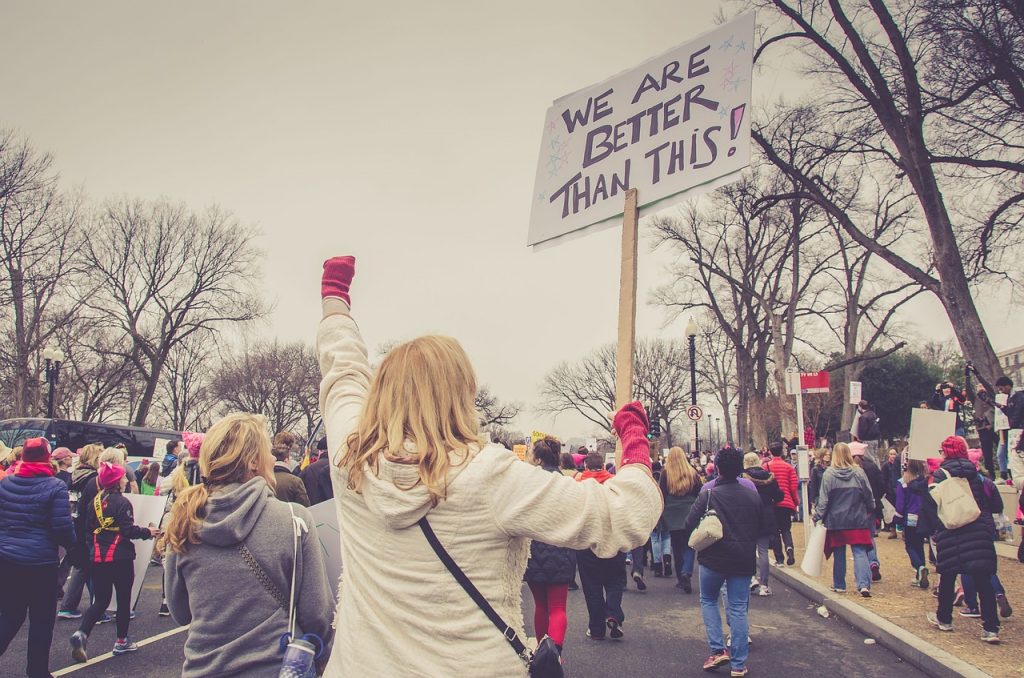Former Starbucks Manager Alleges Company Asked Him To Do Something Overtly Illegal
At a recent National Labor Relations Board hearing, a former Starbucks manager testified under oath stating that the company asked him to single out pro-union employees as well as instructed him to find reasons to take disciplinary action against those pro-union workers.
This article is more than 2 years old
Unionizing is becoming more and more popular lately as workers demand rights including sick time, fair wages, and time off. Some large corporations don’t approve of them. And Starbucks is apparently one of them.
Starbucks allegedly asked a manager to put intense pressure on employees who talk about unionizing during their shifts. This type of workplace harassment is extremely illegal. According to the National Labor Relations Board (NLRB) of the US, you have the right to form, join, or assist a union. Even at the workplace.
Starbucks’ higher-ups, however, do not agree and have tried to put a stop to unionizing by intimidation and trying to find a reason to bring about discipline to existing workers. It goes the other way, however, because working hours are explicitly for working. But employers cannot discriminate against those who are pro-union.
According to Vice, a former Starbucks manager resigned because his superiors asked him to go through past records in order to find a reason for discipline, and make sure a manager was in the store at all times to make sure there was no unionizing talk happening.
At a recent NLRB hearing, the former manager told the judge he did not want to be involved in anything illegal, so he quit his Starbucks job. Although the company denied the allegations of being against unionizing, other employees have corroborated the testimony with similar stories of bullying and discrimination.
But why are corporations so against unionizing? And why is unionizing so hot right now? Recently unions of the railways and train transportation networks have narrowly avoided a strike that could shut down transportation across the country. It could be back on the table as of yesterday. If they do strike, the already strained supply chain could come to a very slow crawl.
Ever since the COVID-19 pandemic, most employees have had leverage to ask for, and get, what they want. Employees have been hard to find, and keep because many people did not want to expose themselves to the virus. This is especially the case at Starbucks.

Now, many white color workers want remote work and higher wages. While service workers, like those at Starbucks, want fairer wages and better sick time. But, in order to get it, they may have to organize efficiently to get it. Better benefits cost companies a lot of money. And that’s money they aren’t always happy to part with.
Right now, 250 Starbucks stores have unionized. But trying to unionize is a bit of a risk. As a recession looms, people could lose their jobs and may find it difficult to find another. This is one fear tactic that Starbucks is counting on to keep its employees from unionizing.
Starbucks had reported that the brand is trying to reinvent itself. From quicker coffee lines to digital ordering systems, is Starbucks trying to make its employees obsolete? Only top brass knows. But it’s not a coincidence that the massive changes coincide with efforts to unionize.
The labor movement in the US is a very sacred thing. This is what freedom means—the ability to organize, ask for, and try to get improved working conditions. Unionization has its roots in democracy. And to stop it in just, well, un-American. So, when you’re getting your Venti half-caff, soy latte at your neighborhood Starbucks, maybe this is some food for thought.




